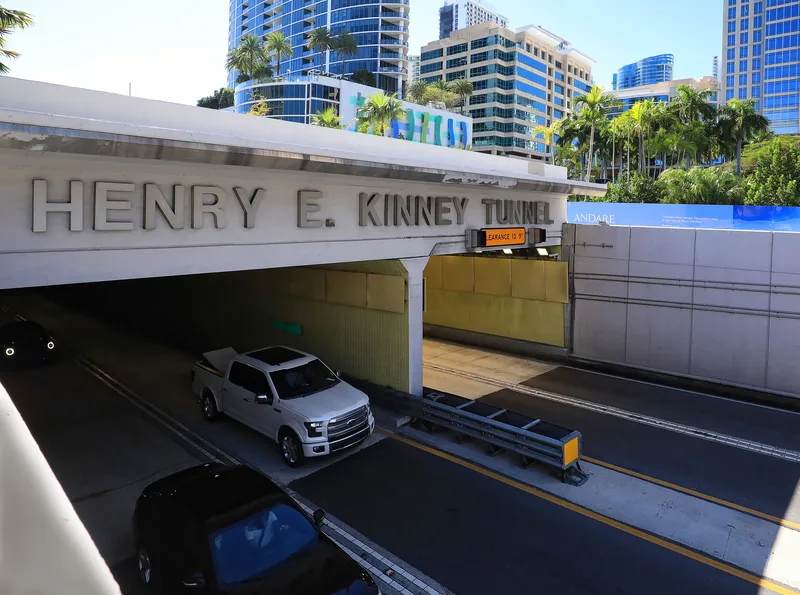Following this week’s announcement of a settlement with the City of Chicago, Redflex Traffic Systems (RTSI) says it has resolved all criminal and civil matters in the US arising out of the Company's 2013 investigation into allegations of corruption by former executives.
The company has agreed to pay the City of Chicago US$20 million, with $10 million payable by the end of 2017 and the balance to be paid in various annual instalments by the end of 2023, unless extended by the terms of the agreement.
February 7, 2017
Read time: 2 mins
Following this week’s announcement of a settlement with the City of Chicago, 112 Redflex Traffic Systems (RTSI) says it has resolved all criminal and civil matters in the US arising out of the Company's 2013 investigation into allegations of corruption by former executives.
The company has agreed to pay the City of Chicago US$20 million, with $10 million payable by the end of 2017 and the balance to be paid in various annual instalments by the end of 2023, unless extended by the terms of the agreement.
The agreement is in part due to the company’s ‘extensive extensive and thorough cooperation over recent years’, the US Department of Justice said in December 2016.
Redflex will also pay restitution of US$100,000 to the City of Columbus, Ohio.
"Today marks a new beginning for Redflex," said RTSI president and CEO Michael Finn. "Over the last four years, we took the actions every responsible company would have chosen and enhanced our compliance management, training and oversight functions.
The company has agreed to pay the City of Chicago US$20 million, with $10 million payable by the end of 2017 and the balance to be paid in various annual instalments by the end of 2023, unless extended by the terms of the agreement.
The agreement is in part due to the company’s ‘extensive extensive and thorough cooperation over recent years’, the US Department of Justice said in December 2016.
Redflex will also pay restitution of US$100,000 to the City of Columbus, Ohio.
"Today marks a new beginning for Redflex," said RTSI president and CEO Michael Finn. "Over the last four years, we took the actions every responsible company would have chosen and enhanced our compliance management, training and oversight functions.









